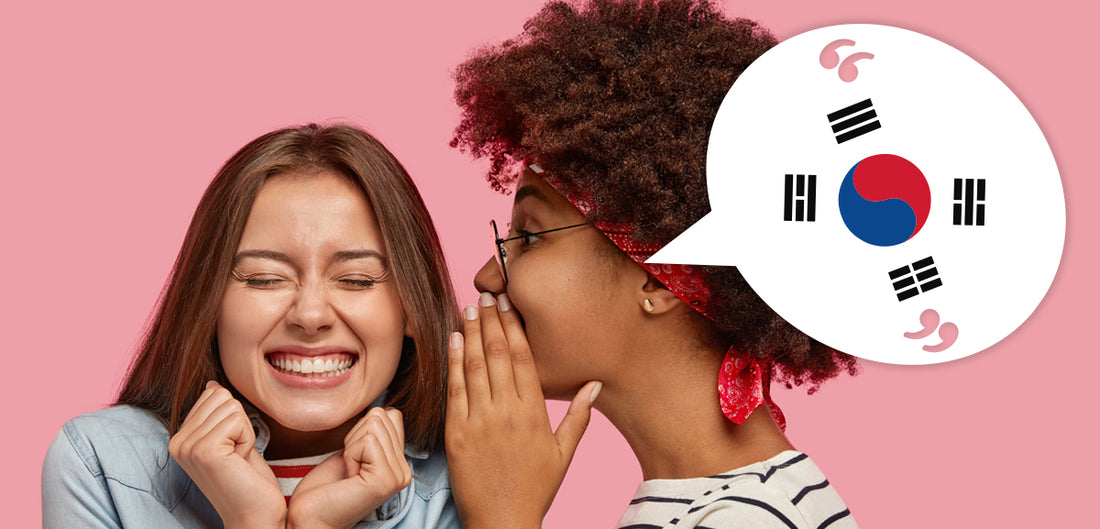K-Dramas have been a rising trend in many countries, Asian and non-Asian, over the past decade. Over time, some “lingo” or vocabulary from these K-Dramas has assimilated into other cultures. Without further ado, here are some common Korean words from K-Dramas, and their meanings.
Noona (누나) / Unnie (언니) / Hyung (형) / Oppa (오빠)
You might find these phrases slightly cringe if you’ve heard Koreaboos (Mega-fans of Korean culture) who butcher the pronunciation and make cutesy aegyo faces. But really, the meaning behind these words aren’t cringe at all; they’re used to refer to family members, but are also used between friends or acquaintances. For non-relatives we use:
- Noona when a guy refers to an older girl
- Unnie when a girl refers to an older girl
- Hyung when a guy refers to an older guy
- Oppa when a girl refers to an older guy
Fighting/Hwaiting (파이팅)
It’s hard to find a K-Drama without the word “Fighting” or "Hwaiting" in it at least once. Koreans say this word a lot to give some of their “fighting” energy to others before important events, such as a test or an audition, or to cheer their favorite soccer team on at the World Cup. This word is used sometimes amongst native English speakers - particularly K-Drama loving English speakers - as a morale boost.
Saranghae (사랑해)
No K-drama fan hasn’t heard of this word. Saranghae is equivalent to the English L-word (LOVE!!) and I’m sure if you’ve ever watched a romance K-drama you’ve screamed of joy internally when the leads get past their differences, the love triangle, and the jealous ex, then fall in love and say this to each other.
Saying Saranghae is a big deal because unlike in English-speaking countries, Koreans don’t often say this to each other. This might come as a bit of a shock to those who tell their best friends about their love for them every day, but it’s true! Though this means that you might think of other Koreans as expressionless and cold, it also means that it’s very impactful and heart-touching when you hear it from someone.
Yeoboseyo (여보세요?)
Every Korean soap opera fan has encountered a scene where the mother-in-law picks up the phone with a stern face. Alternatively, if you like dramatic soap operas you might have seen something where the protagonist picks up a call from the hospital to receive news of an injury/death. In these cases, they would have said “Yeoboseyo?”. Yeoboseyo can be translated to Hello? - but only over the phone. You can’t say yeoboseyo when you’re greeting someone face to face!
Aigoo (아이구)
During unexpected situations in a K-drama, it is quite common to hear a character say, “Aigoo!”. This term is usually used during times of frustration or surprise. It tends to be said with an animated exclamation or even a sigh and translates to words like “oh my gosh!”, “oh no!” or “darn it!”.
Other similar exclamations used in K-Dramas, during sometimes comical moments of shock or frustration, are "Omo!" or "Aish!".
Hopefully, you found this article useful, and you now know not to say Saranghaeyo to your neighbors or Yeoboseyo when you meet someone in person or call a girl your Oppa. If you’d like to learn other interesting terms commonly used in Korea, you might like to check out our article about Konglish here! What are some interesting words you have learned from K-Dramas that we did not mention in this article. Please share below!
Book Recommendations
Related Products




